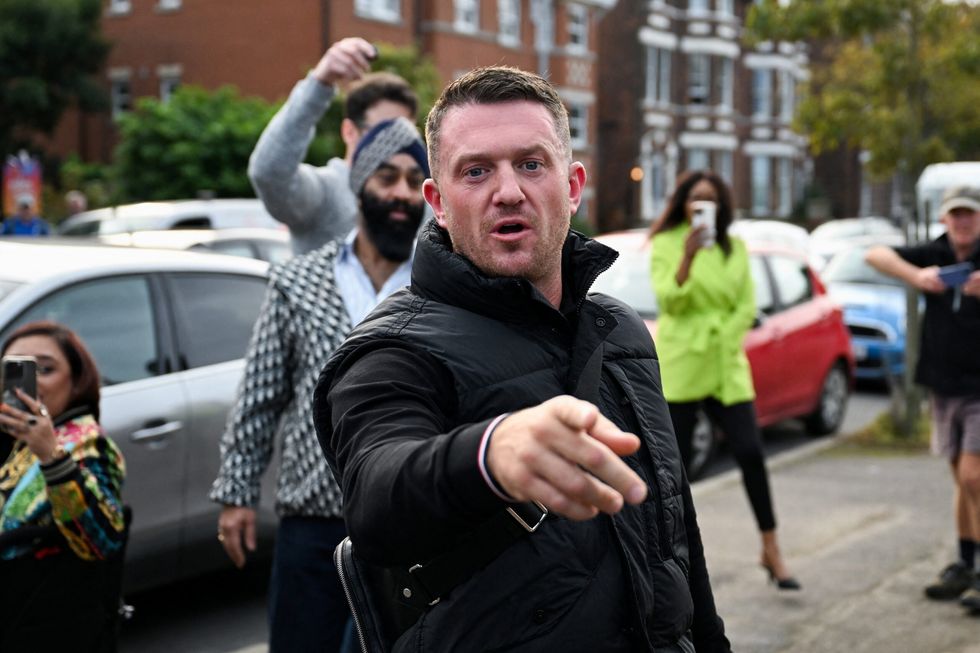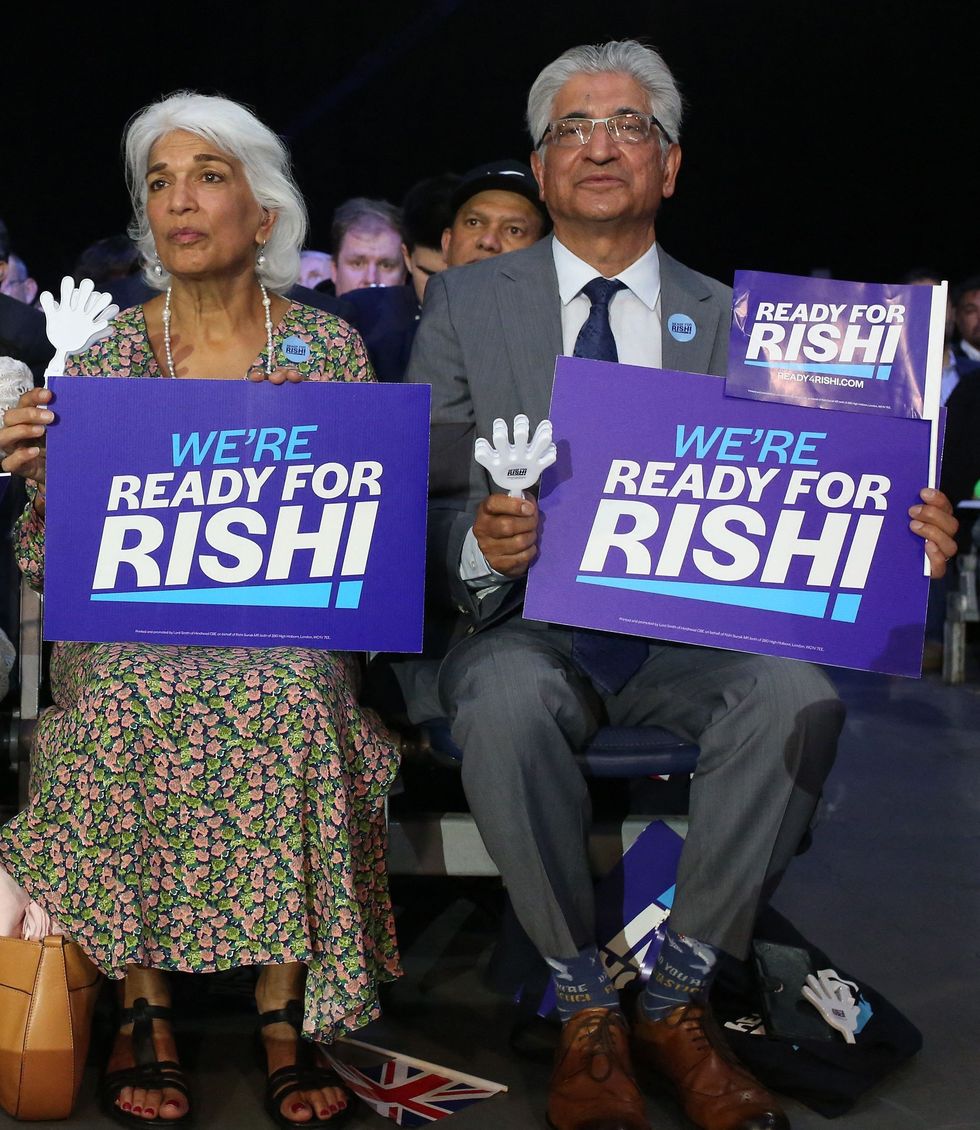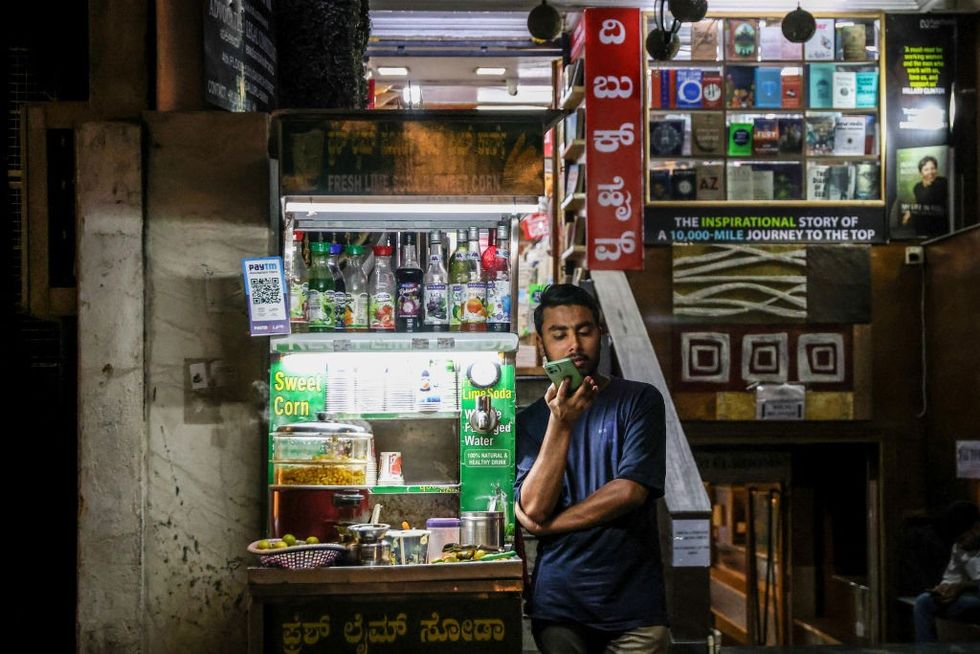People who had shared their personal stories with Humza Yousaf regarding their experiences living in poverty expressed their disappointment in the lack of concrete action in his first programme for government last week.
Yousaf had convened a cross-party, cross-sector summit on poverty in May shortly after assuming leadership of the SNP.
Linda Craik, one of the participants invited to share her experiences as a full-time carer at the summit, questioned whether Yousaf had truly listened, stating that she felt like she had left her dignity at the door, The Guardian reported.
Yousaf had emphasised the anti-poverty focus of his programme for government, which included expanded childcare provision, minimum income guarantees for social and childcare workers, increased investment in the Scottish child payment, and a commitment to "build a new relationship with business."
However, these efforts were criticised by charities and campaign groups as timid, hollow, and a missed opportunity.
Craik, who had previously worked as a civil servant before becoming an unpaid carer for her severely disabled brother and father, accused Yousaf of merely paying lip service to the issue.
She pointed out that the programme consisted of piecemeal interventions, repackaged existing plans, and pilot schemes that would take 12 months to report back.
She expressed concern about how bleak the situation might become in a year.
In response to similar criticisms, Yousaf cited the budget constraints imposed by devolution. The Scottish government faced a projected spending gap of £1 billion due to surging inflation and rising public sector wage bills, which limited the scope for expensive new policies.
Craik argued that the public understood the financial constraints and urged Yousaf to be more forthright with his promises.
Danielle Ramage, another summit attendee, expressed disappointment in the lack of bravery in the programme for government, especially given the daily challenges faced by people living in poverty.
She believed that while Yousaf made the right noises, there was a lack of substance in the proposals. Ramage also highlighted the issue of "parent poverty" and the toll it took on exhausted adults struggling to provide for their children.
The disappointment expressed by these individuals was echoed by leaders in the third sector, who had previously called on Yousaf to bridge the gap between progressive rhetoric and policy implementation that characterised the previous era under Nicola Sturgeon.
David Reilly, the acting director of the Poverty Alliance, pointed out that government actions did not match its ambitious rhetoric, particularly in meeting child poverty targets which include levels below 10 per cent by 2030.
Charities raised concerns about housing plans, with Shelter Scotland's director, Alison Watson, noting the absence of new resources to combat homelessness. Moreover, she said if this serves as an indication of what to anticipate in the upcoming budget, it raises serious concerns.
The Child Poverty Action Group in Scotland acknowledged fiscal pressures but urged Yousaf to consider raising taxes to meet child poverty targets.
Yousaf mentioned the importance of progressive tax and spending policies in addressing poverty but also hinted at the potential challenges posed by tax flight if tax rates were cut elsewhere in the UK.






 The US base at Diego Garcia
The US base at Diego Garcia











 Anti-immigration activist Stephen Yaxley-Lennon, known as Tommy Robinson, gestures before arriving at Folkestone Police Station in Folkestone, Britain, October 25, 2024. REUTERS/Chris J Ratcliffe
Anti-immigration activist Stephen Yaxley-Lennon, known as Tommy Robinson, gestures before arriving at Folkestone Police Station in Folkestone, Britain, October 25, 2024. REUTERS/Chris J Ratcliffe
 Sudha Murty and her husband Narayana Murthy with their daughter Akshata, son Rohan and her sister Dr Sunanda Kulkarni
Sudha Murty and her husband Narayana Murthy with their daughter Akshata, son Rohan and her sister Dr Sunanda Kulkarni Rishi Sunak’s parents Usha and Yashvir Sunak
Rishi Sunak’s parents Usha and Yashvir Sunak
 A street vendor looks at his smartphone on April 27, 2024 in Bengaluru, India. (Photo by Valeria Mongelli/Getty Images)
A street vendor looks at his smartphone on April 27, 2024 in Bengaluru, India. (Photo by Valeria Mongelli/Getty Images)